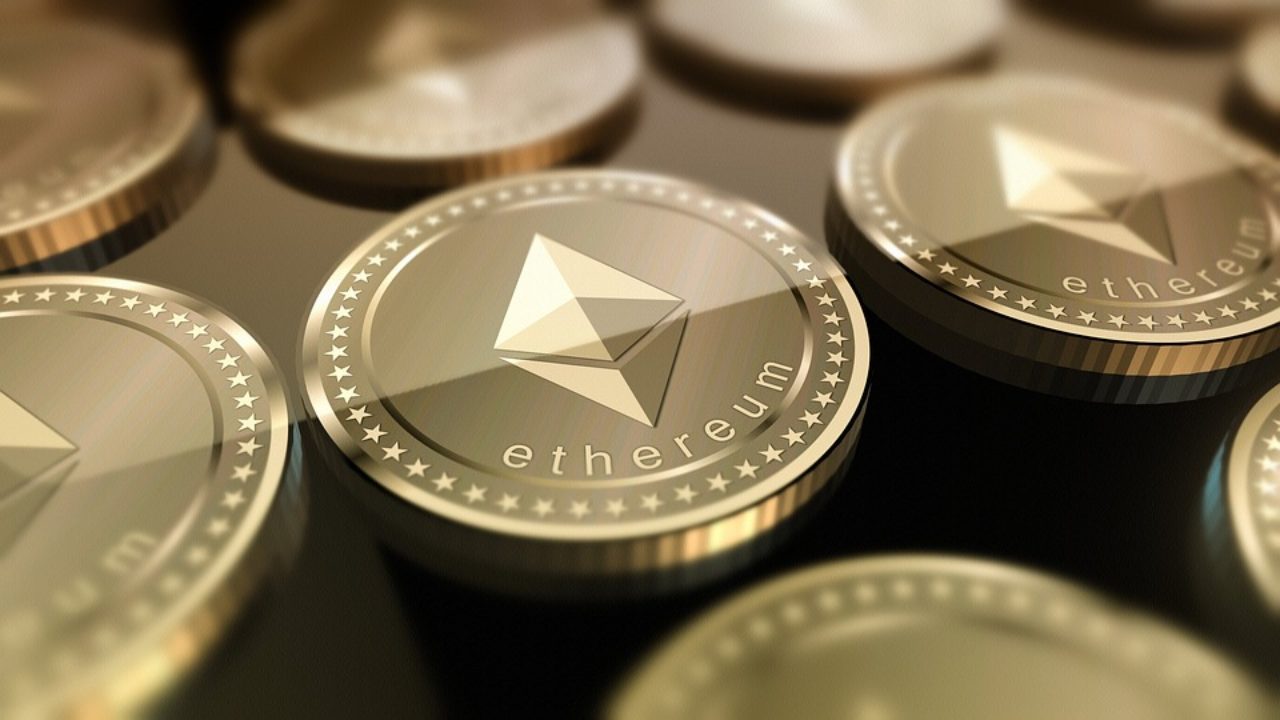The Islamic finance and Shariah advisory firm Amanie Advisors announced in their blog post that they have joined hands with the Ethereum Foundation to establish the platform’s compliance with Islamic religious law (Shariah).
Last year, under the Shariah Review Bureau (SRB), Stellar became the first Distributed Ledger Protocol (DLT) to get Shariah compliance certification in the money transfer and asset tokenization space.
Following the collaboration, the company published a report to explain Ethereum’s compliance with the Islamic Law that governs the financial market.
Advertisement
The report started by explaining the meaning of money in Islam. It stated that Islam does not consider money as a commodity, but as a medium of exchange. Therefore money possesses no inherent utility. “There is no room for making a profit through the exchange of money in the same denomination,.The profit earned through the exchange of money (of the same currency or denomination) or the papers representing them is interest, and therefore is highly prohibited in Islam.” Indicating that, if Ethereum were used in making a profit from interest, it would not be Shariah-compliant.
Shariah law maintains a strict standard for financial activities and penalties, especially in cases of particular, usury( lending at unreasonably high interest). So, Amanie Advisors raised questions about whether Muslims should mine or trade Ether, deploy decentralized applications (DApps) or smart contracts on the platform.
Before Amanie Advisors reached any conclusion, they were researching Ethereum thoroughly. They stated: “It is hoped that with the findings, parameters, and guideline outlined in this paper, it would serve as a catalyst to the Islamic finance market, and wider Muslim population to enter and participate in the space as well.”
In August, Suhaida Mahpot, the CEO of Amanie Advisors, said that she saw the current reluctance to accept crypto among the Islamic community to be uncertain. She explained:
We need to educate institutions more about how digital currencies can be accepted, and how the transparency from using cryptocurrency would benefit the wider society. Perhaps, this mindset will change over time.
Advertisement
The scholar-endorsed white paper affirmed that the platform and the currency are Shariah-compliant. The paper also included the Shariah endorsement of the project and the coin. Shariah-compliant also means Islamic financial institutions in the Gulf Cooperation Council (i.e. Bahrain, Kuwait, Oman, Qatar, Saudi Arabia, UAE) and parts of Southeast Asia (e.g. Indonesia and Malaysia) will now be able to mine and trade ETH.







